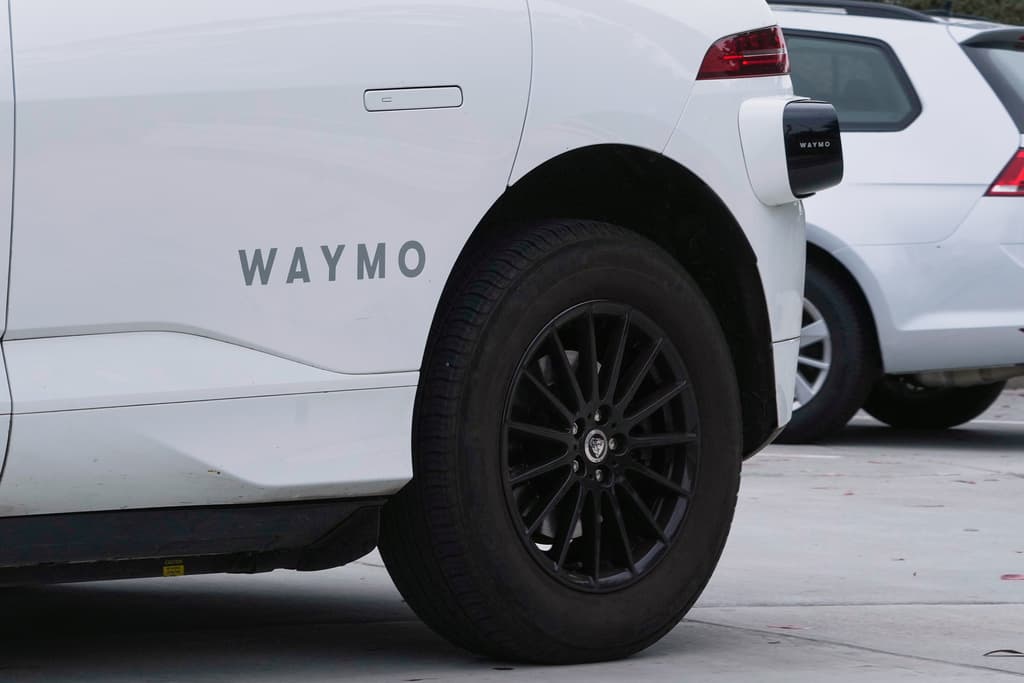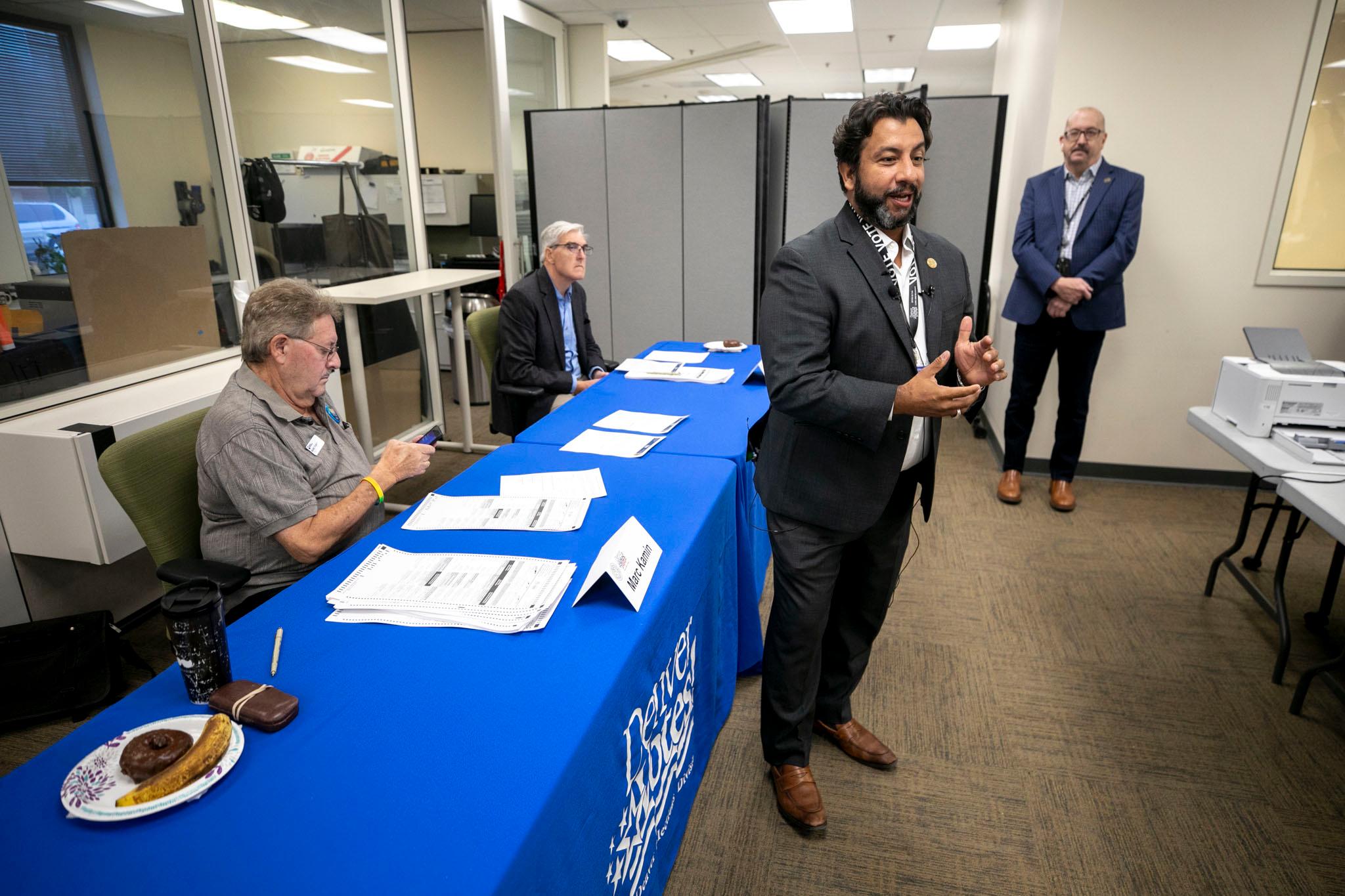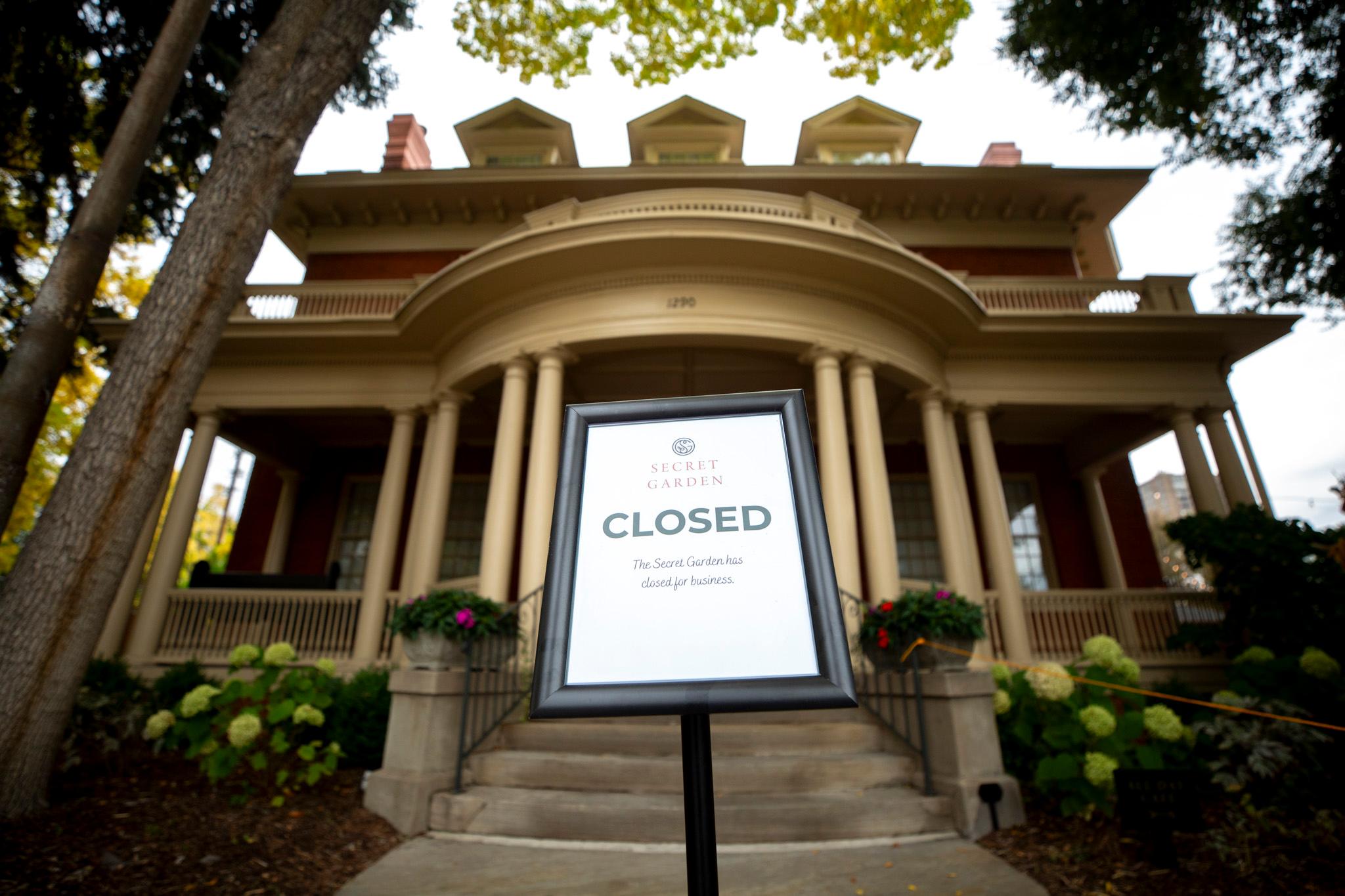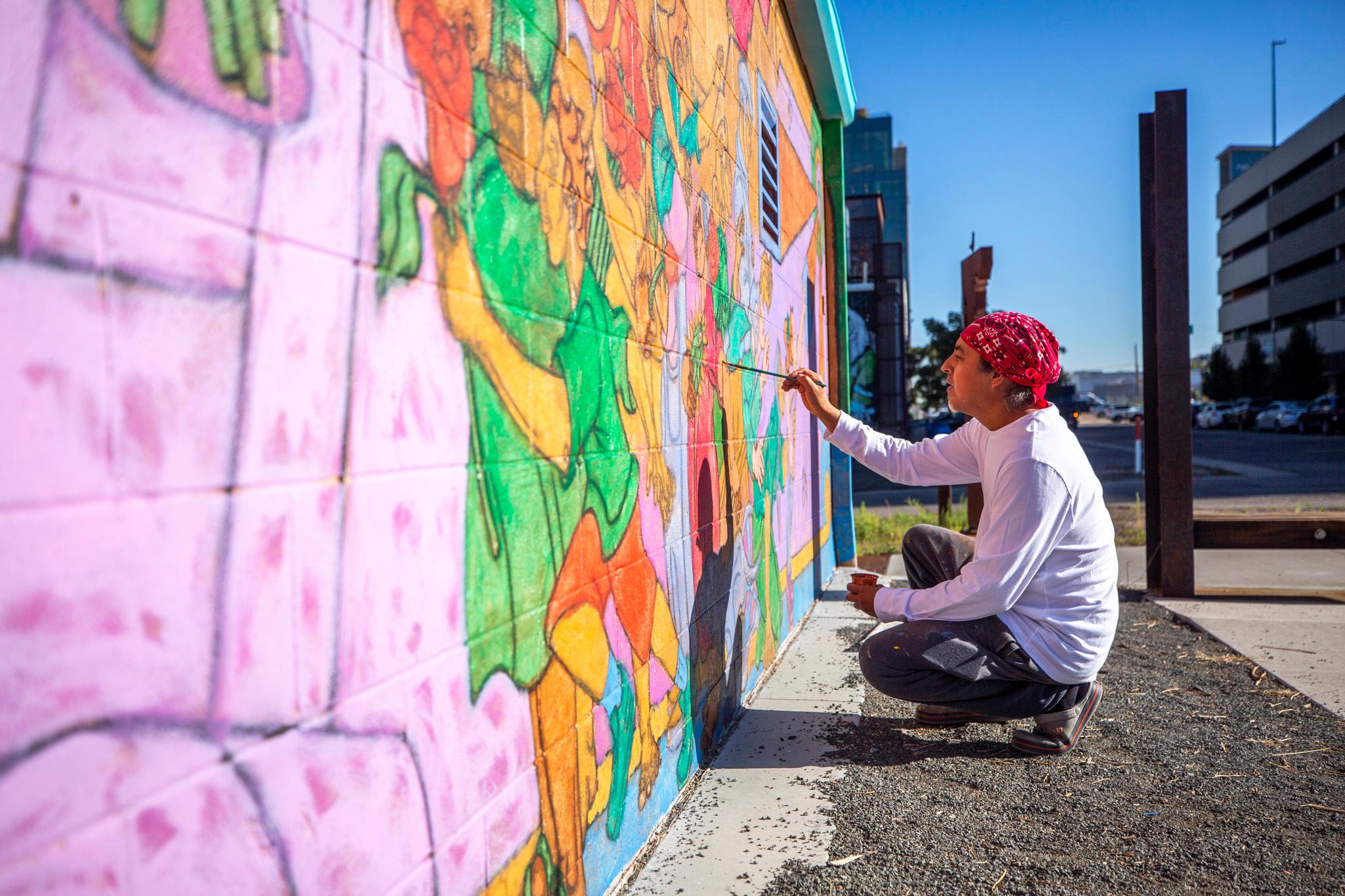Denver’s Department of Housing Stability (HOST) on Thursday announced the organizations that may take over three of the city’s hotel homeless shelters — a decision made after the city announced that it would not renew contracts with The Salvation Army.
Two of the nonprofits, the St. Francis Center and Bayaud Enterprises, are longtime local organizations that already run shelters in the city.
The third is Bay Area homelessness service provider Urban Alchemy with a track record that includes allegations of lobbying rule violations, data misreporting and sexual harassment lawsuits. A current director for Denver’s housing department recently worked for the organization, leading its effort to expand beyond San Francisco.
CEO Lena Miller says Urban Alchemy aims to create a “Four Seasons like experience for guests.”
“We take responsibility for the conditions both inside and outside of our shelters that we manage and operate to give our guests a sense of belonging, pride, and safety while ensuring our surrounding community is respected and heard,” Miller wrote in a statement. “We look forward to contributing to the progress of Denver's ‘All in Mile High’ initiative, and helping our guests get connected to services, career pathways, and permanent housing.”
Urban Alchemy’s record
Urban Alchemy was founded in 2018 and offers services in nine cities.
“Over 96 percent of our staff are formerly incarcerated folks, people with lived experience with incarceration, homelessness and addiction, which puts us in a very strong position to strongly connect with the people and the vulnerable populations that we serve,” said Jess Montejano, a spokesperson for the organization.
The organization has run into criticism in some other cities.
In September, the city of Austin declined to renew its contract with Urban Alchemy, which operated two downtown shelters, after the social enterprise “identified staff who improperly, and without permission, misrepresented data’ around when people were exiting the shelters,” the Austin American-Statesman reported.
Montejano maintains the organization transformed the local shelters and provided quality services. It was Urban Alchemy itself that acknowledged the misreporting and fired the responsible employees, he said.
In San Francisco, city analysts and the city’s controller’s office accused the organization of knowingly overspending against the city’s instructions, along with poor employee time tracking and invoicing, the San Francisco Chronicle reported in September.
Montejano said other service providers were also giving raises to employees, and Urban Alchemy decided to do the same, though that cost extra money.
In 2024, the Portland City Auditor issued a warning and letter of education to the organization for failing to register and file lobbying reports ahead of lobbying. The organization disputed the claims, and Montejano said they were thrown out.
The publication The Nation investigated the group’s work in Los Angeles after an employee was videotaped spraying down a sidewalk, nearly soaking an unhoused person as they hurried to collect their belongings.
L.A. City Controller Kenneth Mejia launched an investigation into the group. Soon after, the organization posted to X: “Urban Alchemy exists to lift up our communities, and to serve them with humanity and dignity. The action being taken here is unacceptable, and completely antithetical to our training and values. The practitioner involved in this incident no longer works at Urban Alchemy.”
Shortly after, the organization quit cooperating with the city controller and accused him of political motivations. Urban Alchemy sued Mejia, though the case was eventually dismissed.
Since 2020, the organization has been involved in more than 20 court cases and faces ongoing legal action over issues including sexual harassment, sex discrimination and a failure to pay overtime, according to court records.
“Those were baseless allegations,” Montejano said about the sexual harassment cases.
While the majority of the organization’s staff has been incarcerated, people with sex charges are not hired, and each employee goes through a rigorous background check and training.
The organization also has a connection with the city staff. HOST Deputy Director of Shelter and Stability Jeff Kositsky worked as Urban Alchemy’s chief growth officer from 2021 through 2024, expanding its efforts nationally, before joining the city. Kositsky did not respond to an immediate request for comment.
The mayor’s office declined to comment on the proposed contract, referring Denverite to the housing department.
When asked why the city thinks Urban Alchemy would be a good partner to run the shelters,
Derek Woodbury of HOST wrote: “All applications were vetted through the competitive RFP process.”
Woodbury declined to share how many other organizations applied to run shelters and which they were.
Next steps
HOST will present the potential providers to Denver City Council’s Community Planning and Housing Committee next week. Council will ultimately decide whether to approve the contracts.
The new contractors would replace the Salvation Army, which faced a slew of criticisms about how it ran the city's shelters. A worker allegedly sexually assaulted a shelter guest. A girl fell from the window at the family shelter. Two homicides and 19 overdoses took place at the shelters. And guests complained about serious health and safety violations. (The Salvation Army will continue to run the Crossroads shelter and other services.)
The Salvation Army and the city shared responsibility for security, safety and health issues in the shelters. The city was responsible for many safety measures and facility maintenance, while The Salvation Army oversaw daily operations.
Now, HOST is shifting from a reimbursement funding model to a “performance-based” contracting model. HOST will compensate providers based on how well they offer critical services and effectively move people out of homelessness, instead of simply reimbursing them for their work. The goal of the model is to ensure payment is based on results – not simply running a shelter.
“This is the progress we envisioned when we launched All In Mile High,” Mayor Mike Johnston said in a statement. “Helping an individual off the streets is only the first step in a life of self-sufficiency, and these three partners embody our commitment to urgency, innovation, and humanity in how we serve our neighbors experiencing homelessness.”












